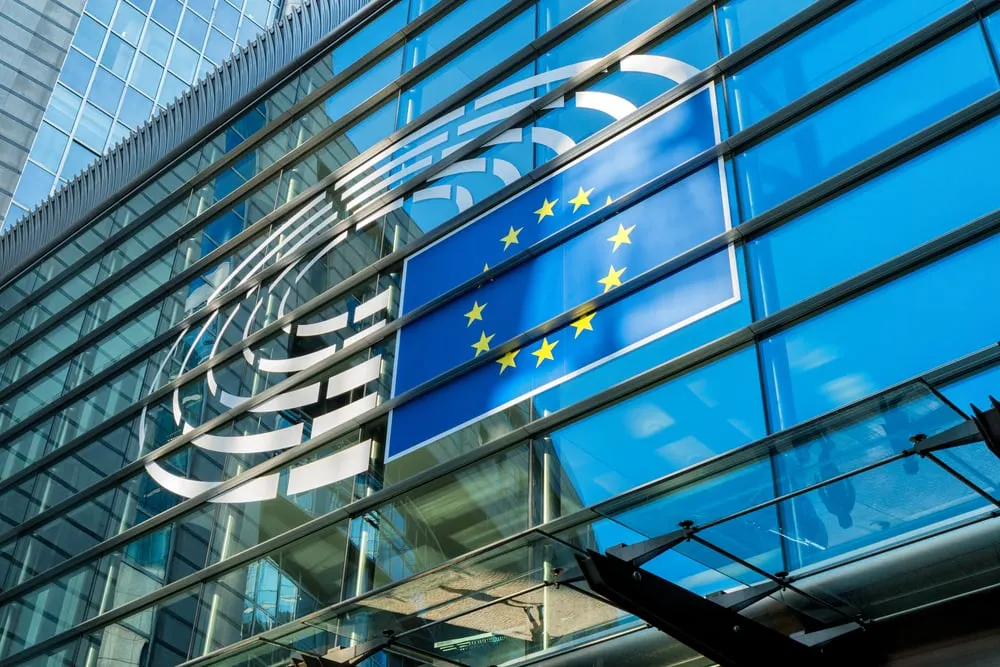Excluding DeFi from new crypto regulations could create “unintended risks to financial stability”, a European trade body has warned.
In a white paper published on Thursday, the Association for Financial Markets in Europe (AFME) argued that decentralized activities should not be overlooked, as both the European Union and the UK move ahead with crypto regimes.
“We believe that decentralized finance (DeFi) and its associated activities must be brought within the regulatory perimeter in an appropriate way to manage risks to market integrity, financial stability, and end users, while still promoting financial and technological innovation,” researchers wrote.
It comes after the EU’s landmark Markets in Crypto Assets (MiCA) rules came into effect last month, following the approval of lawmakers.
The regulations, which will not actually be enforced until next year, do not cover DeFi and a number of other areas such as NFTs, an omission which has already led policymakers to call for a second version of the legislation.
While the AFME acknowledged that crossover between DeFi and traditional finance is still minimal, the group pointed to several examples through which DeFi could impact the economy. These included the coding of home purchase chains into a smart contract, putting intangible assets like intellectual property on the blockchain, and the creation of on-chain only assets such as gaming collectibles.
In order to keep up with the changing landscape, therefore, the AFME recommended further research and global cooperation between regulators, and said that regulators should develop ways to classify DeFi activities, including giving legal status to decentralized autonomous organizations (DAOs).
The AFME added that because DeFi products often have no ‘home’ jurisdiction due to their decentralized nature, regulators may have to turn their attention to either the user or the business providing a web interface to the user, in order to apply regulations.

